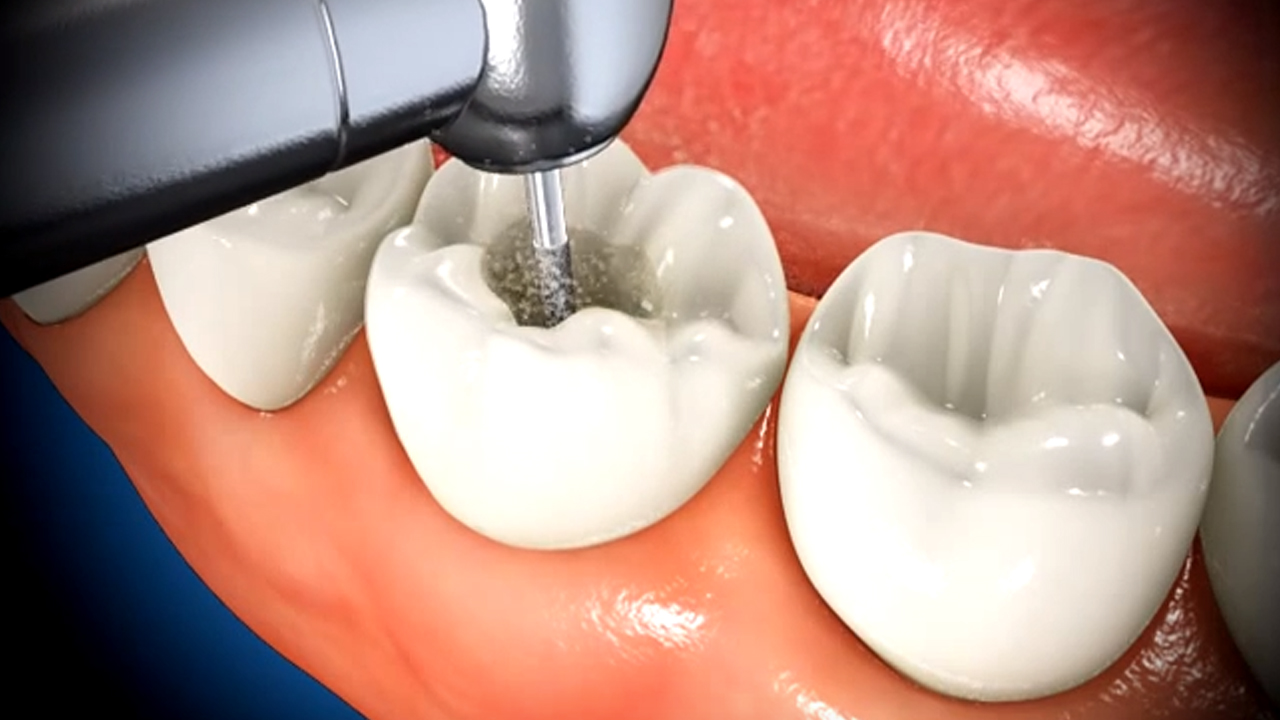How Long does A Typical Root Canal Procedure Take?
Root canal therapy, often referred to as the root canal process, is a dental procedure aimed at salvaging a severely damaged or infected tooth. While the mere mention of a root canal may conjure up feelings of apprehension, it's essential to dispel the myths surrounding this treatment and provide an accurate understanding of the process, including how long it typically takes. In this comprehensive article, we delve deep into the world of root canals to shed light on the procedure's intricacies, the factors affecting its duration, and what patients can expect during and after the treatment.
Understanding the Root Canal Process
Before delving into the time frame of a root canal procedure, it's crucial to have a firm grasp of what this treatment entails. A root canal is a dental procedure performed by endodontists or general dentists to save a tooth that has a severely damaged or infected pulp – the innermost part of the tooth containing nerves and blood vessels. The process typically involves the following steps:

- Diagnosis: The first step in any root canal therapy is a thorough examination and X-rays to determine the extent of damage or infection. The dentist will assess the affected tooth's condition and plan the treatment accordingly.
- Local Anesthesia: To ensure patient comfort, local anesthesia is administered to numb the area surrounding the tooth.
- Isolation: A rubber dam is placed around the tooth to keep it dry and free from saliva during the procedure.
- Access Opening: A small access opening is created on the tooth's crown to gain access to the pulp chamber and root canals.
- Cleaning and Shaping: Specialized instruments are used to remove the infected or damaged pulp tissue and clean the inside of the tooth's root canals. These canals are then shaped to facilitate filling.
- Filling: Once cleaned and shaped, the empty root canals are filled with a biocompatible material called gutta-percha to seal them off and prevent reinfection.
- Restoration: The access opening on the tooth's crown is sealed with a temporary or permanent restoration, such as a filling or crown, to protect and restore the tooth's functionality.
Factors Influencing the Duration of a Root Canal Procedure
The time required for a root canal procedure can vary based on several factors. Understanding these factors can provide insight into why some root canals take longer than others:
- Tooth Location: The location of the affected tooth plays a significant role in the procedure's duration. Front teeth typically have a single root canal, making the treatment more straightforward and faster. In contrast, molars, which have multiple root canals, can take longer to treat due to their complexity.
- Tooth Condition: The extent of damage or infection within the tooth can influence the time needed for treatment. Teeth with severe infections or complex root canal systems may require more time to clean and shape the canals properly.
- Patient Cooperation: Patients' ability to remain still and relaxed during the procedure can affect its duration. Anxiety or discomfort may lead to interruptions, potentially prolonging the process.
- Dentist's Expertise: The experience and skill of the dentist performing the root canal can significantly impact the procedure's efficiency. Experienced dentists may complete the process more quickly.
- Use of Technology: Advances in dental technology, such as rotary instruments and digital imaging, have streamlined the root canal process, reducing treatment times in many cases.
- Additional Complications: Sometimes, unexpected complications can arise during a root canal, such as the presence of extra canals or calcified roots. These complications may extend the procedure's duration.

Typical Duration of a Root Canal Procedure
On average, a straightforward root canal procedure can take between 60 to 90 minutes. However, several factors can cause this time frame to vary:
- Anterior Teeth: Root canals on front teeth (incisors and canines) typically take less time, often around 45 to 60 minutes.
- Premolars: Root canals on premolars may take slightly longer, averaging between 60 to 75 minutes.
- Molars: Molar root canals, especially on lower molars, can be the most time-consuming, ranging from 75 to 90 minutes or more.
- Additional Visits: In some cases, particularly if the infection is severe or complications arise, the dentist may choose to complete the treatment in multiple visits, further extending the overall duration.
Patient Experience During a Root Canal
During a root canal procedure, patients should feel minimal to no pain, thanks to the administration of local anesthesia. However, they may experience sensations such as pressure or vibrations as the dentist works on the tooth. Communication with the dentist is essential, as they can adjust the anesthesia or take breaks if the patient feels uncomfortable.
After the root canal, patients may experience some mild discomfort or soreness, which can usually be managed with over-the-counter pain relievers. It is advisable to avoid chewing on the treated tooth until a permanent restoration, such as a crown, is placed to ensure its strength and functionality.
Conclusion:
Root canal therapy is a vital dental procedure that can save a severely damaged or infected tooth, offering relief from pain and preserving oral health. While the duration of a root canal can vary based on factors such as tooth location, condition, and patient cooperation, the typical procedure can take anywhere from 60 to 90 minutes. Patients should trust their dentist's expertise and communicate any concerns or discomfort during the process to ensure a successful and comfortable experience.
In conclusion, understanding the intricacies of the root canal process and what influences its duration can alleviate anxiety and misconceptions surrounding this essential dental treatment. Root canals, when performed by skilled professionals, offer a chance to retain a natural tooth and enjoy a pain-free, healthy smile for years to come.
Comments
Post a Comment